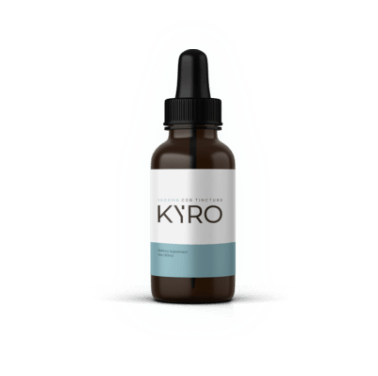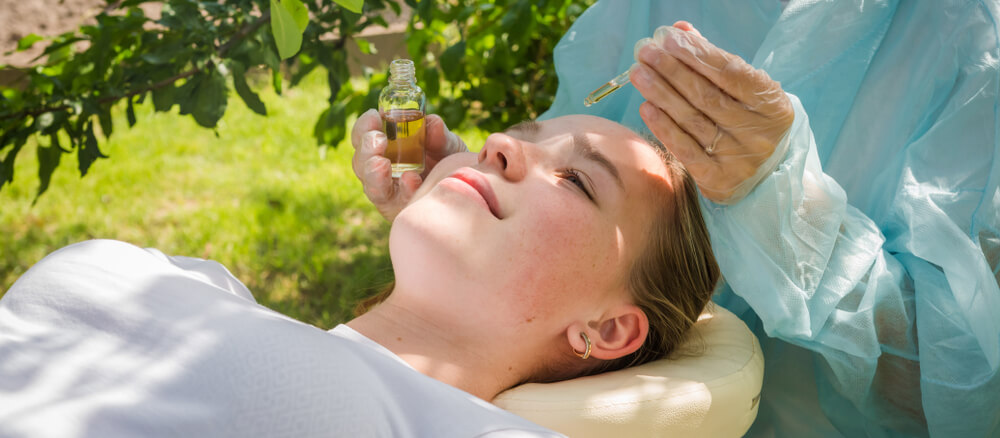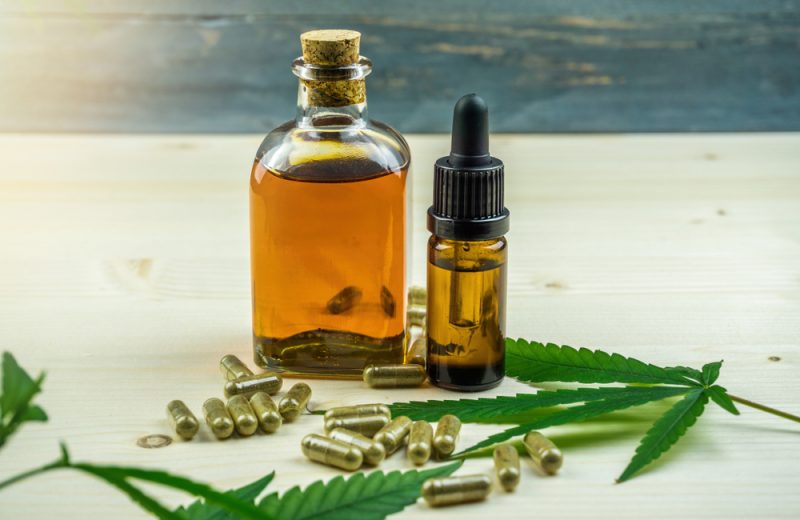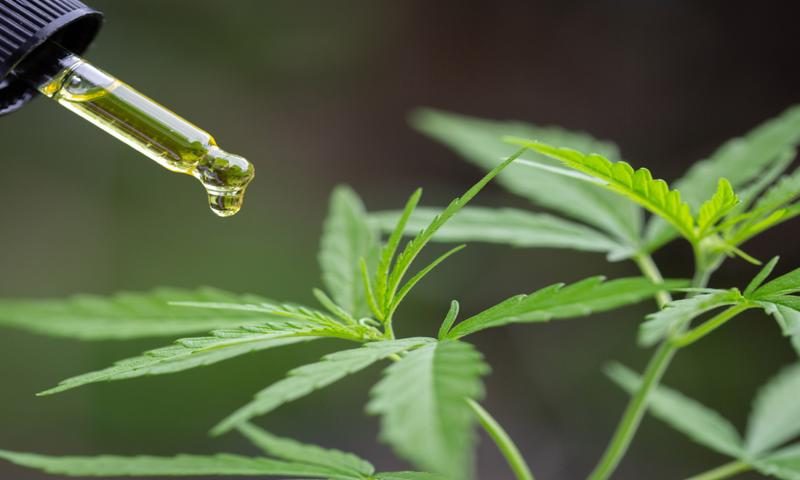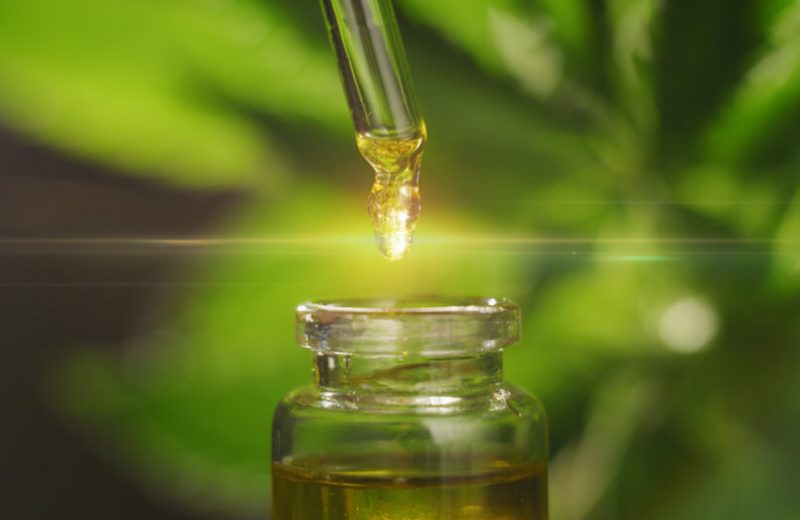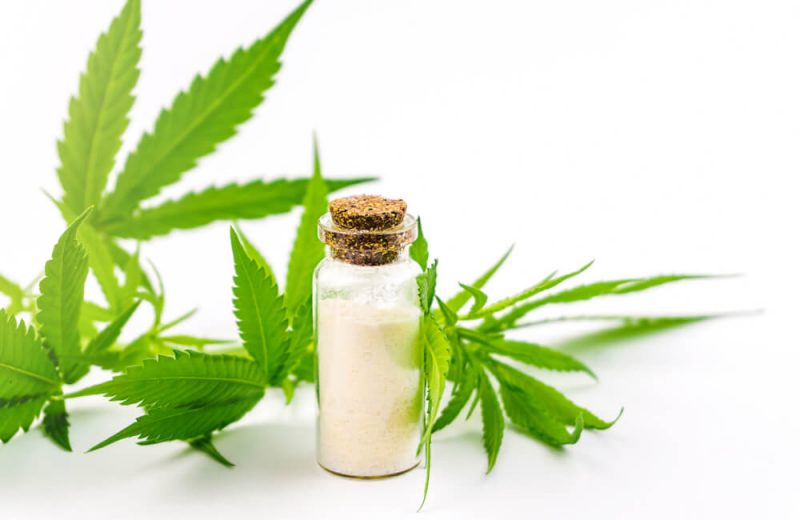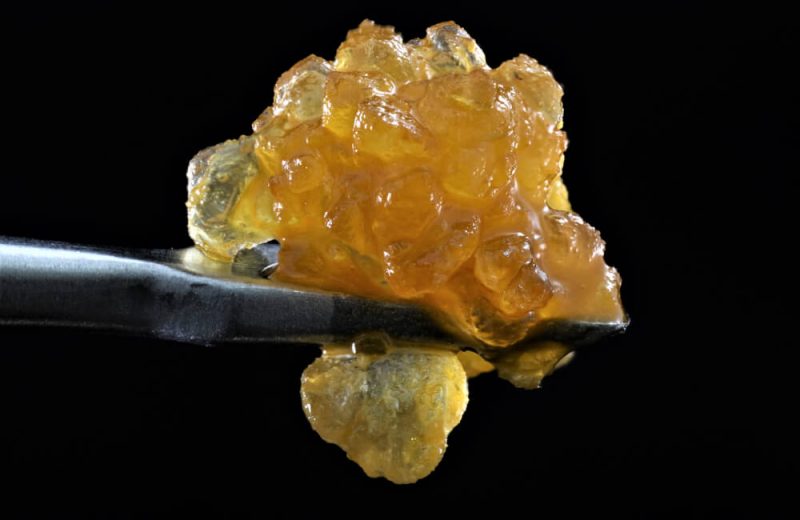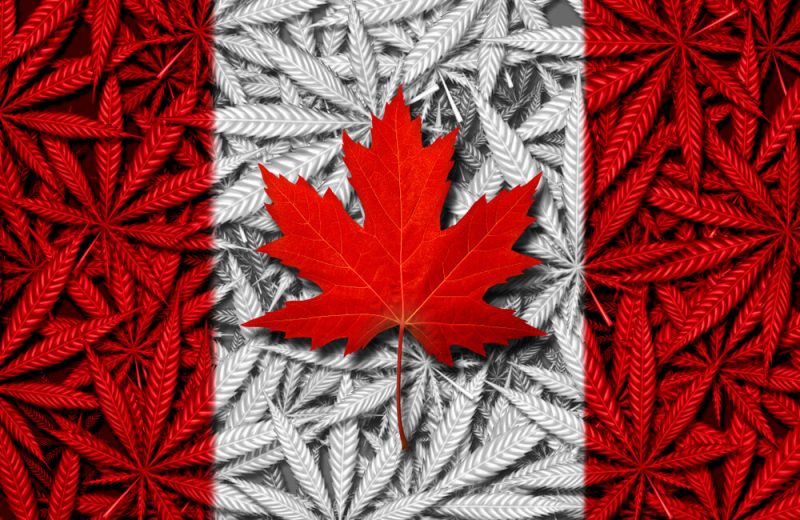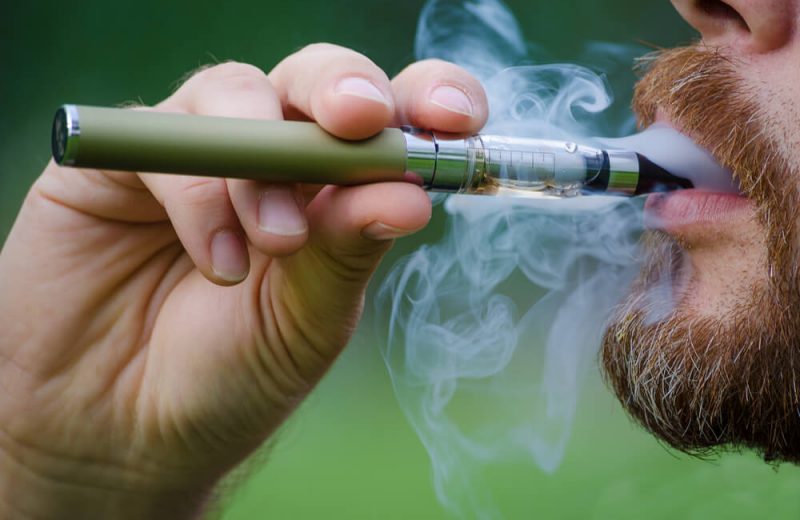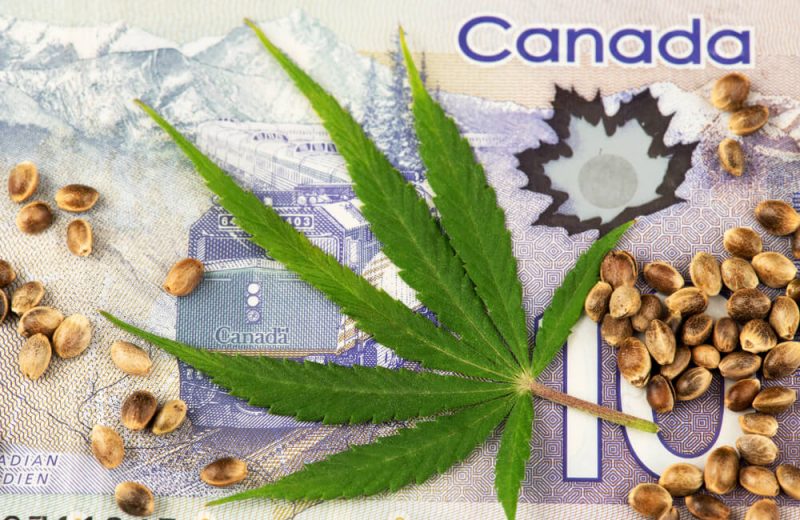The most basic steps of skin care include regular cleansing, exfoliation, and moisturizing. Having the right diet and exercise can also improve the skin. It’s also a good thing that there are many skin care products to choose from nowadays, and many of these products address the needs of different skin types and conditions, such as sensitive, oily, and dry skin.
Aside from skin care products, various supplements are also available to boost skin health. This includes Grape Seed extracts, Vitamin E, essential oils, and Cannabidiol (CBD). If you’re interested to know more about how CBD can be a great addition to your skin care routine, this guide is what you need.
What Is CBD?
Cannabidiol or CBD is a non-psychoactive compound commonly found in Hemp. CBD oil is created using an extraction method that utilizes Carbon Dioxide (CO2) to separate the oil from the plant matter and unwanted compounds. CBD oil is widely used as a food supplement. It can be taken orally via edibles and tinctures or by infusing them in food and beverages.
CBD oil is also used as an active ingredient in a range of skin care products such as body butter creams, lotions, and serums—just like what you can find at SUPA Naturals. All these products can help moisturize and nourish the skin.
How Do CBD Skin Care Products Work?
Incorporating CBD into your skin care routine enables you to benefit from the Cannabinoid’s antioxidant and anti-inflammatory properties. Hence, CBD can help reduce skin redness, swelling, and pain associated with infection and pollution.
There are studies showing the therapeutic potential of CBD. For instance, a study of three patients with a rare skin disorder called epidermolysis bullosa had less blistering, reduced pain, and faster wound healing with CBD topical use.
CBD Skin Care Products
CBD skin care products range from oral and topical solutions. Oral CBD skin products include CBD oil and tincture. You can infuse these into your favorite dishes or beverages, like coffee, tea, and soup.
If you prefer to take CBD oil as it is, then you can ingest it directly or apply a few drops under the tongue. CBD capsules in gel form are also available for those who cannot tolerate taking liquid CBD oil.
As for CBD topical solutions, there are also a variety of products to choose from. This includes:
- CBD Lotions: Manufacturers infuse Cannabidiol into regular skin lotions, along with other natural oils, like Aloe Vera. With the right combination of these ingredients, the skin receives added nutrients and moisture to prevent dryness and scaling.
- CBD Salve: A salve is made from oils and waxes, which help the skin to heal. Salves are semi-solid, stable, and thick without any liquid ingredients. They come as balms, ointments, or creams. Manufacturers infuse CBD oil to salves for the skin to benefit from its antioxidant and anti-inflammatory benefits.
- CBD Creams: CBD facial creams target sensitive areas of the face, making it smoother and healthier.
Tips When Using CBD Skin Care Products
So, how do you get the most of CBD skin care? You can use both CBD orals and topicals during different times of the day. For instance, you can infuse CBD oil into your morning tea or coffee and massage your skin with CBD oil before bedtime. You can also use CBD-infused soap when taking a shower and lather CBD lotion after.
But before fully switching to a CBD skin care routine, below are a few tips to take note of:
-
Read The Listing Or Label
Before you buy CBD lotions, creams, or salves, make sure that you have read the listing or label carefully. Determine the other ingredients of the product aside from the CBD concentration. Where did the manufacturer source the CBD oil? Do you see any product safety guarantee, third-party lab seal, or some sort of consumer protection?
-
Follow The Manufacturer’s Instructions
It also pays off to read the usage and dosage instructions, especially if you’re planning to take oral CBD supplements. Small CBD oil bottles have varying strengths of cannabidiol. With CBD topicals, make sure to follow the steps on how to apply them to your skin to avoid any unwanted side effects.
-
Know The Body Effects
Taking CBD oil or supplements orally may also produce physical and mental effects. You could feel more relaxed and in a good mood. The positive skin effects would usually come along after some time. it’s advisable to start at the least dose if you’re a novice CBD user and observe the effect for a week or two before increasing the dose.
-
Be Wary Of Claims
While cannabidiol can help nourish and moisturize the skin, it’s crucial to be wary of claims or advertising gimmicks that make false promises that violate the law. Advertisers and marketers tend to create scientific-based articles for blogs to capture the attention of consumers and prompt them to buy their products. However, you must remember that CBD is a supplement. It’s not a drug or medication that can cure skin problems and other health issues outright.
-
Consult A Healthcare Professional
Before you can incorporate CBD into your skincare regimen, it’s a good idea to see your dermatologist first. You must do this, especially if you’re planning to use CBD alongside treatments that you’re taking for certain skin issues and other health conditions.
As mentioned, CBD isn’t medicine. Skin problems, such as fungal infection, allergies, or bacteria-causing skin lesions should be diagnosed by a qualified skin doctor. Dermatologists and doctors are the only people who can prescribe the appropriate treatment of skin diseases.
So, if you’re currently taking medication for an ongoing skin problem or if you’re taking maintenance medication for a pre-existing health condition, it’s best to consult your doctor first before taking CBD supplements. You have to make sure that there are no possible adverse reactions or contraindications that can happen between the medications you’re currently taking and CBDs.
Summary
CBD skin care includes oral supplements and topicals. Depending on your preference, you can either take CDB edibles or use CBD-infused skin care products. Including CBD products in your skincare routine can help moisturize and nourish the skin because of Cannabidiol’s antioxidant and anti-inflammatory properties.
Note: For CBD articles, no health claims can be made in articles. That includes claiming that CBD cures/manages diseases, drug information, or calling CBD a drug.

